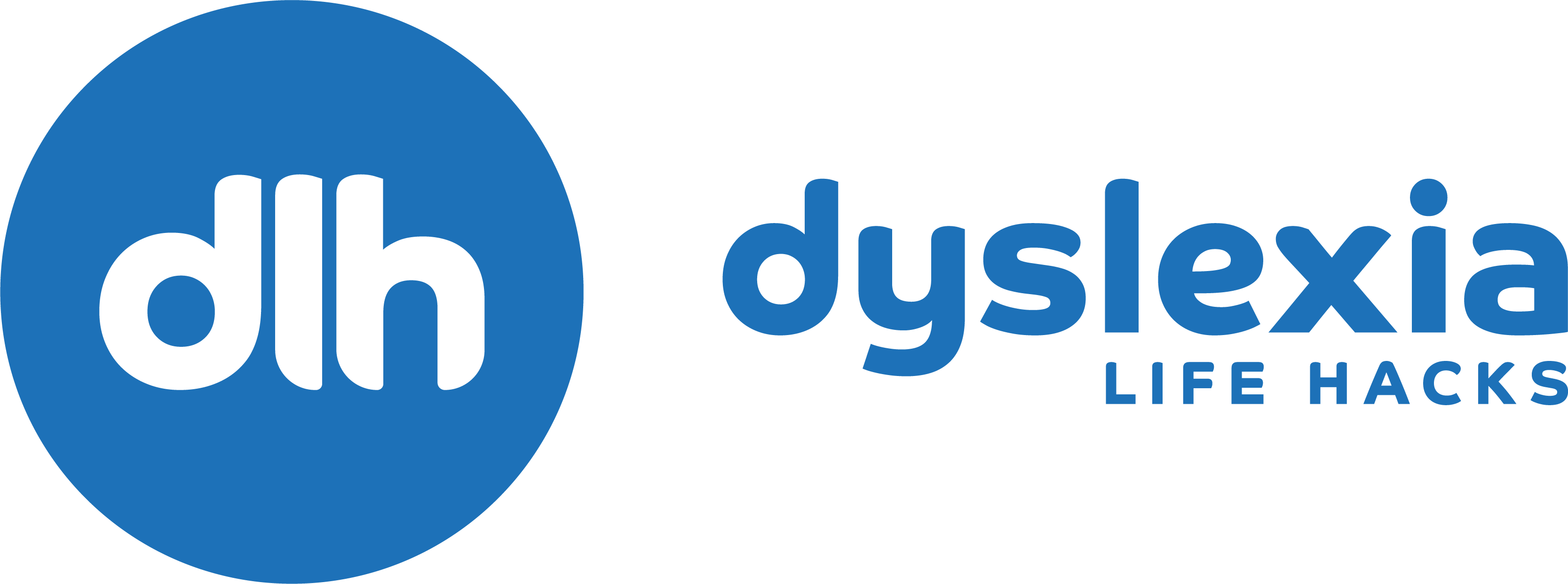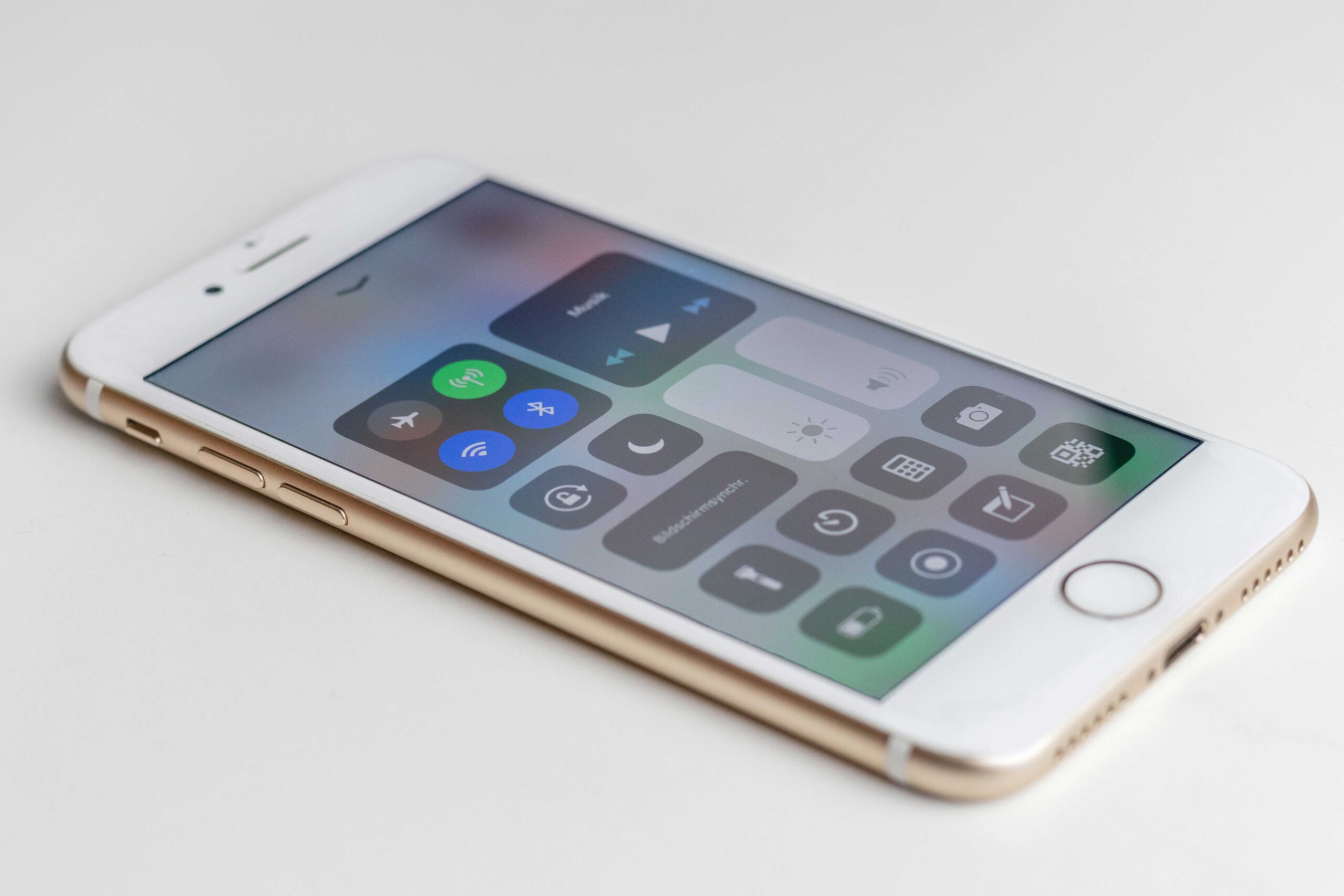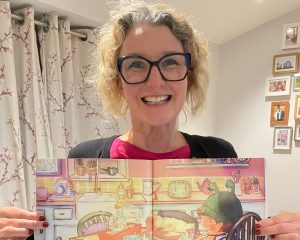Building on the “Hey Siri” hack, you can use your phone’s accessibility features to help with reading and visual stress. These include: being able to get your phone to speak highlighted text or even getting the phone to speak the whole screen to you! These features were originally designed for people with visual problems but like using a screwdriver as a pry bar, why not use them for words/sentences you are struggling with.
For features on an iPhone head over to Apples website;
https://support.apple.com/en-gb/guide/iphone/iph3e2e4367/ios
For Android users;
https://support.google.com/accessibility/android/answer/6006564?hl=en-GB





